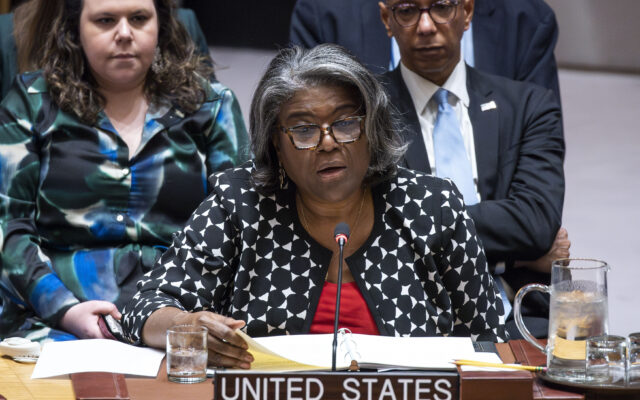Alaska rights commission limits LGBTQ discrimination cases

ANCHORAGE, Alaska (AP) — Alaska’s human rights commission has reversed an earlier policy and now is only investigating LGBTQ discrimination complaints related to workplace discrimination and to other categories like housing and financing.
The Anchorage Daily News and ProPublica reported the Alaska State Commission for Human Rights deleted language from its website promising equal protections for transgender and gay Alaskans against most categories of discrimination. It also began refusing to investigate complaints.
The commission is only accepting employment-related complaints and investigators dropped non-employment LGBTQ civil rights cases they had been working on.
The body made the move last year, one year after it published new guidelines in 2021 saying Alaska’s LGBTQ protections extended beyond the workplace to housing, government practices, finance and “public accommodation.”
The commission adopted the 2021 guidelines in response to a 2020 U.S. Supreme Court ruling saying workplace discrimination against people based on their sexual orientation or gender identity was illegal.
An investigation by the news organizations found the reversal was requested by a conservative Christian group and was made the week of the Republican primary for governor. The commission made the change on the advice of Attorney General Treg Taylor and announced it on its Twitter feed.
The LGBTQ advocacy nonprofit Identity Alaska called the reversal “state-sponsored discrimination” and results in real-world harms.
Robert Corbisier, who has been the commission’s executive director since 2019, said the attorney general directed him to make the change. He said Taylor said the Supreme Court case, known as Bostock v. Clayton County, was limited to employment discrimination and the agency should limit its own enforcement to employment matters.
Dunleavy declined interview requests. In a statement, a spokesperson said, “The Governor’s office was not involved in the Department of Law’s legal advice on LGBTQ+ discrimination cases.”



